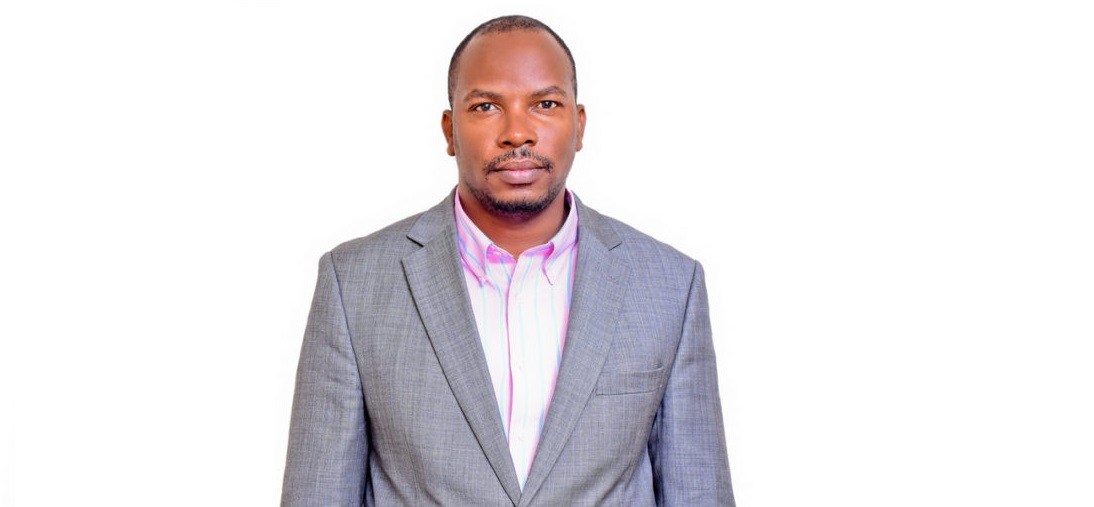
11 May, 2020
Human Rights Defender of the Month: Onyango Owor
This post was first published by DefendDefenders
In March 2020, Uganda’s Constitutional Court nullified the Public Order Management Act, 2013 (POMA), a law that made arbitrary restrictions on freedom of assembly possible. One of the people behind the successful petition of POMA is Onyango Owor, a Ugandan lawyer with 15 years of experience in representing human rights defenders (HRDs).
For Onyango, having POMA declared unconstitutional is more than a professional success. “The ripple effects of such a case go beyond the court room or the human rights defenders that had been affected by a draconian application of this law,” Onyango says, and is confident that “there is greater freedom of association as a result of this case.”
The ripple effects of such a case go beyond the court room or the human rights defenders that had been affected by a draconian application of this law. There is greater freedom of association as a result of this case.
Under POMA, public assemblies required police approval. The police could deny assemblies on the suspicion that they would cause disorder, harm businesses, or otherwise break the law. A power that “was selectively used against human rights defenders and members of the opposition,” according to Onyango. “To the best of my knowledge, there have been over 15 prosecutions of opposition leaders under this law, but the number could be a lot higher.”
In 2013, a group of civil society organisations and individuals, legally represented by Onyango, decided to petition against the Act and its undue restrictions to freedom of peaceful assembly. Since the start, Onyango continuously updated and consulted with numerous HRDs and civil society organisations to ensure that a variety of interests and concerns were represented before the Court. Considering the length of the judicial process – seven years – it was difficult to keep stakeholders engaged and to remain relevant to public interest, but his perseverance ultimately paid off.
On 26 March 2020, the Constitutional Court ruled in favour of Onyango and the petitioners and declared POMA unconstitutional and nullified. Pending cases that were filed under this law were withdrawn. The ruling is a great achievement for human rights defenders and opposition leaders that faced legal charges under POMA, and it is a solid fundament for freedom of peaceful assembly in Uganda. Onyango thinks it can also be used to expand this right, and he hopes that “organisations can use it as a tool to educate people about what freedom of association means. It is an advocacy tool as well.”
Indeed, Onyango’s work goes beyond legal representation, he also advocates for human rights and HRDs, making Onyango himself vulnerable to the same risks and reprisals. But Onyango is more worried about reprisals against his clients. One of the biggest challenges in his work is gathering evidence, Onyango explains: “some human rights defenders and stakeholders hear that they may be victimized if they come up to provide evidence. So as a result, many lawyers, including myself, know that a violation has taken place, but gathering the proper evidence to prove it is a great challenge.”
All our dignity is affected, we all suffer when anyone’s right is abused. I would like to make a contribution to ensure that there are policy and judicial systems to ensure protection of everyone’s rights.
Yet, these challenges do not discourage Onyango. His motivation to defend human rights is intrinsic, and highlights that any human rights violation is an attack on us all. According to Onyango, “all our dignity is affected, we all suffer when anyone’s right is abused. I would like to make a contribution to ensure that there are policy and judicial systems to ensure protection of everyone’s rights.”



